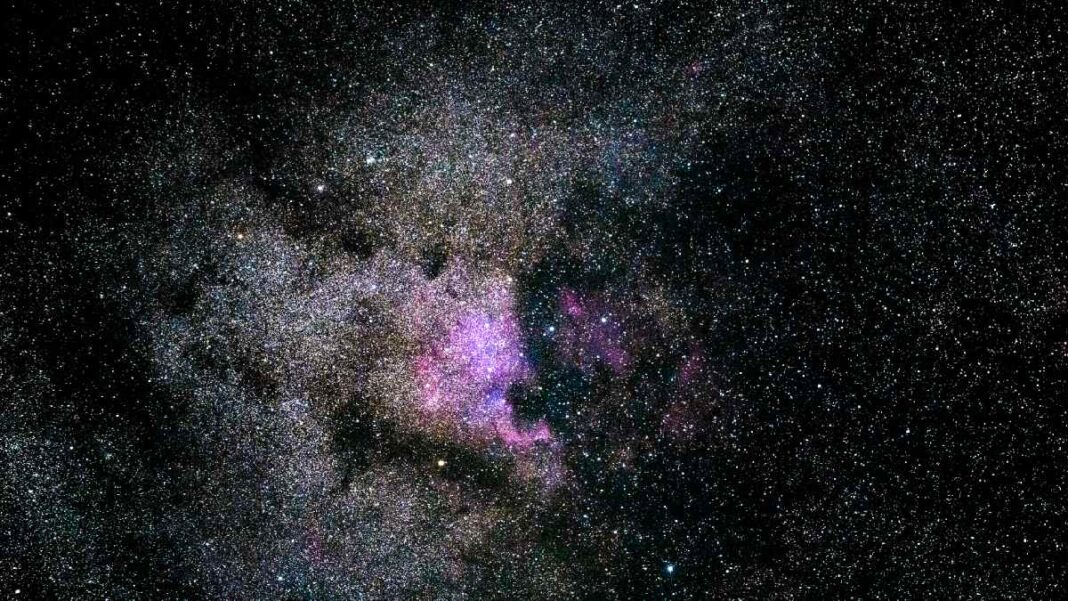INDIA: The universe is a vast expanse of space that contains everything we know to exist. It includes planets, stars, galaxies, and everything in between. It’s so big that it’s hard to comprehend, but let’s try to break it down into simpler terms.
The Beginning of the Universe
Scientists believe that the universe began with a massive explosion known as the Big Bang. This explosion created all the matter and energy that we see today.
It occurred about 13.8 billion years ago and set off a chain of events that would lead to the formation of galaxies, stars, and planets.
The Expansion of the Universe
The universe is still expanding today. This means that everything is moving away from everything else. It’s like a balloon being blown up – the more it expands, the more space there is between the points on its surface.
Scientists have measured the rate of expansion and believe that it is accelerating. This means that the universe is not only getting bigger, but it’s getting bigger at a faster rate.
Creation of the Universe
The universe is made up of matter and energy. The matter is anything that has mass and takes up space, like planets and stars.
Energy is something that is not matter but can still do work. Light is a form of energy. The two most common types of matter in the universe are dark matter and normal matter.
Normal matter is made up of atoms, which are made up of protons, neutrons, and electrons. Dark matter, on the other hand, is a mysterious substance that scientists can’t see or interact with directly but believe makes up about 27% of the universe.
Gravity
Gravity is the force that holds everything in the universe together. It’s the reason why planets orbit around stars and why stars are held together in galaxies.
It’s also what keeps us grounded on Earth. Gravity is a fundamental force that was first discovered by Sir Isaac Newton and now can be explained more accurately by Einstein’s theory of general relativity.
Studying the Universe
Scientists study the universe using telescopes and other instruments that can observe the light and radiation that objects in space emit.
They also use mathematical models and simulations to understand how the universe works. Through these methods, scientists have discovered things like black holes, dark matter, and the cosmic microwave background radiation.
Conclusion
The universe is vast and complex, but we’re slowly unravelling its mysteries. We’ve come a long way in our understanding of the universe since the days of Aristotle and Galileo, but there’s still much we don’t know.
Scientists continue to study the universe and try to answer some of its biggest questions, like the nature of dark matter, the origin of the universe, and the possibility of other intelligent life out there.
But for now, we can marvel at the wonder of the universe and appreciate the small part we play in it.
Also Read: NASA Astronaut Shares Stunning View of Aurora from Space



